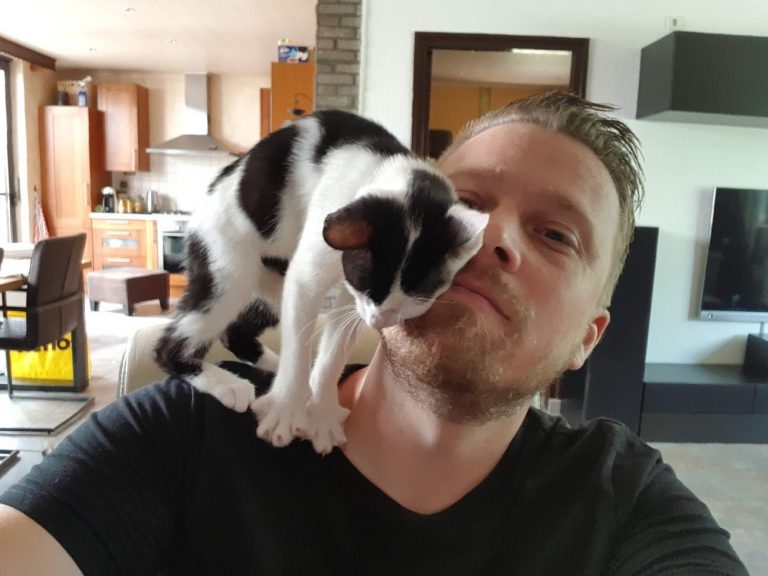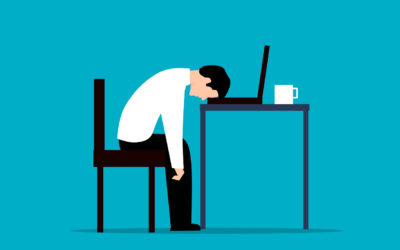What was your favorite chapter (or part) to write and why?
There are two chapters that come to mind; one for its drama, which I poured all my anger and frustration into, and one for the overall good feeling, which is based on one of my own experiences in life. So, I have the choose the latter, since it gave me such a good feeling to write.
It is the chapter “Spark of Imagination” in the first book with the same title. I poured everything I have into that chapter, and I felt good even several days after writing it.
How do you develop your plot and characters?
I try to balance my characters with strengths and faults. I try not to make it too apparent early on what those are, but let the reader get to know the characters and figure that out by themselves. If I am lucky enough, perhaps the reader even finds sides to them that I never even intended. The characters develop and respond to the tragic and joyful events in their lives. I try to keep in mind what they have gone through, and how someone would change, going through such an event. I doubt many people would come out the end of an epic adventure with love and loss along the way; the same person.

What do you do when you are not writing?
I work as a programmer at a temperature/optical calibration lab, writing software and algorithms for acquiring and analyzing data from DNA cyclers and incubators (PCR/qPCR). As a secondary function at my position I also make graphical components and make sure the user interaction and user experience for websites and software is intuitive and kept to the latest standards.
When I am not working or writing, I prefer to spend my time with other creative activities. I enjoy drawing in Photoshop, making music in Reason and all kinds of design.
What was the inspiration for the story?
First and foremost; classical Japanese role-playing games, like Final Fantasy, Seiken Densetsu, Star Ocean and Chrono Trigger to name a few. Later on, I have found inspiration in modern action adventure games like Uncharted, and space opera games like Mass Effect. Many of the characters in the book are a mix between myself and people close to me, but also characters from the games.
There are of course several other influences for the story, but the classical JRPGs are the biggest of them. The Source of Power trilogy was originally intended to be a computer or video game but making a game that large by yourself, was a too large undertaking for me to manage. Now, I am not saying that writing a book is in any way easier, but it is far less time consuming.
What did you want to become when you were a kid?
When I was a young boy and all the other kids wanted to be policemen, firemen or astronauts, I was determined that I would become an architect when I grew up. Probably because my biggest hobby was to draw, and I thought that being an architect was a good way to both do what I liked and make some money in the process. Over the years, my interests have shifted back and forth, often struggling with what I wanted to do with my life and what I was expected to do. For many years, I struggled, doing quite badly in school and eventually dropped out. I started working as a salesman for many years before I realized that it was not the place for me. So, I decided to start studying again. I managed to get my grades together and get into the computer science program at the university. Thanks to that education, I got a job at a medium sized company, where I could also take the role as a graphical designer. So, in the end I took several detours, but I finally got to a place where I could both do what I like and make money off it.
When did you first realize you wanted to be a writer?
I have been writing all my life; books and comics when I was a young boy, adventures and campaigns for table top role-playing games in my pre-teen years and later dialog and story for computer games (that I never managed to finish). And I am still not sure that I can call myself a writer; I am more of a storyteller, trying to figure out and learn how to be a writer.
Characters often find themselves in tough situations. When was the last time you found yourself in one and what did you do?
When I was in my early twenties, I lost my father and my best friend in a short time period. For many years I told myself that I was okay, and that I could handle it. But that was not the case, and I slipped deeper and deeper into mental health problems, getting more and more distant to friends and family.
It was only when I reconnected with an old friend and we started talking about these things; how to get through it, that I started to find my way back. Something that also helped me greatly along the way was rediscovering my passion for creation such as making music and drawing.
Some years ago, I had a relapse when I lost my mother to cancer. It took me a long time to get back on my feet again, and when I did, what got me over the worst part was beginning to write the Source of Power books. For me it is the best kind of therapy you can get; pouring all your thoughts and frustration into a story, an image or a song.
Do you write listening to music? If so, what music inspired or accompanied this current book?
I listen mainly to electronic music, preferably hard and melodic music. Dubstep is my biggest favourite, but also hardstyle, hardcore and psytrance.
Several chapters have been inspired or furthered by music. I am currently compiling Spotify and YouTube playlists, which I will share on my site once they are done.
Few favourite artists are: Excision, Pegboard Nerds, Spag Heddy, Kroww and Mastadon.
When writing a series how do you keep things fresh, for both your readers and also yourself?
I try to end every book with an event that somehow changes the goals for the characters or the situation in the world, so that they go into the next book with new or changed goals. Sometimes, a large enough event can change the situation for the characters in such a way that the new world they continue into is forever changed, forcing them to change their path with it.
What does success mean to you? What is the definition of success?
In my opinion, someone who is happy, is always more successful than someone who is not. It does not matter how much money you make or how much status and reputation you have gathered, if you are not happy with the place where you are and how you got there.
That is a mistake I have done too many times in my life; trying to fulfill other people’s expectations of me, rather than fulfilling my own.
Learn more at sourceofpower.myportfolio.com


